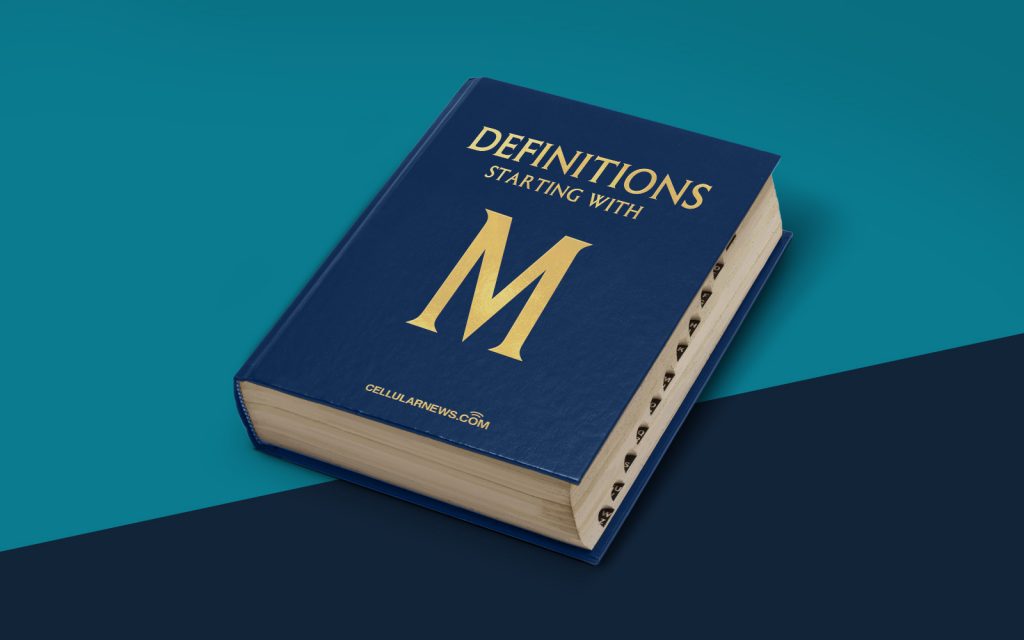
What is MIT License?
Welcome to another installment of our “DEFINITIONS” blog category! Today, we dive into the world of software licenses, specifically the MIT License. If you’ve ever wondered about the rules and regulations governing the use and distribution of open-source software, then you’re in the right place! In this post, we’ll explore what the MIT License entails, why it is widely used, and its implications for developers and users alike.
Key Takeaways:
- The MIT License is a permissive software license that allows users to freely use, modify, and distribute open-source software.
- The license primarily focuses on providing users with minimal restrictions and a wide range of permissions.
But first, let’s start with the basics. The MIT License is a permissive software license that originated at the Massachusetts Institute of Technology (MIT) in the early 1980s. It is an open-source license that allows users to freely use, modify, and distribute software. Now, you might be wondering, why is the MIT License so popular among developers?
The answer lies in the permissive nature of this license. Here are two key takeaways to help you better understand why it is widely used:
- Minimal restrictions: The MIT License offers developers a considerable degree of freedom. It allows them to take the code, modify it to suit their needs, and use it in commercial or non-commercial projects, without significant limitations. This flexibility appeals to many developers who value the ability to customize and build upon existing software.
- Wide permissions: Unlike some other licenses, the MIT License provides users with substantial permissions. These permissions include the right to distribute copies of the software, sublicense it, and even include it within larger projects. This ensures that developers can easily integrate MIT-licensed code into their own projects, helping to foster collaboration and innovation within the open-source community.
By now, you may be wondering about the legal implications of the MIT License. While we’re not legal experts, it’s important to note that the MIT License comes with some general responsibilities and disclaimers. For instance, while the original developers provide no warranty with the software, they can’t be held liable for any damages or issues that may arise from its use.
In conclusion, the MIT License is a popular and permissive software license that allows users to freely use, modify, and distribute open-source software. Its minimal restrictions and wide permissions make it an attractive choice for developers seeking flexibility and collaboration. If you’re planning to use or contribute to open-source projects, keep the MIT License in mind as it could be the gateway to a world of innovation and collaboration!
